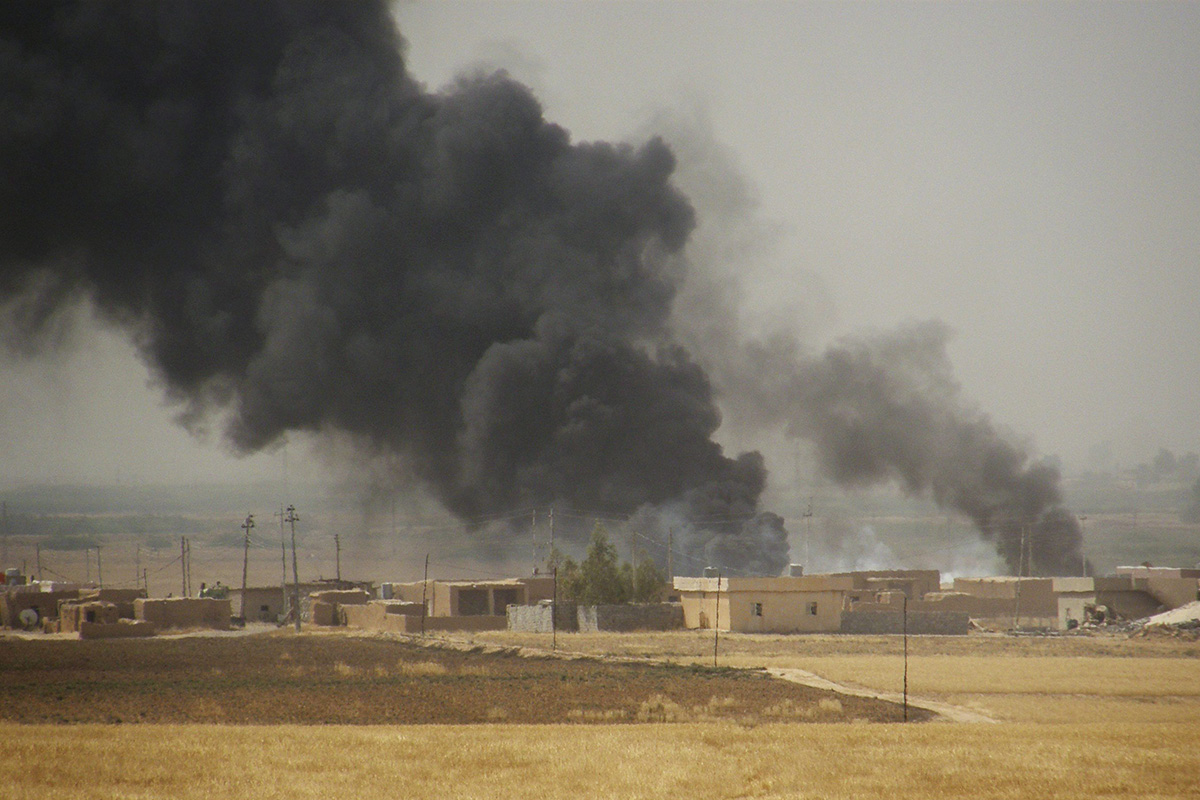WASHINGTON – A U.S. military raid that killed an Islamic State leader in Syria last spring yielded intelligence that allowed the U.S. to more effectively target the extremist group’s oil revenues, the State Department’s top diplomat for energy affairs said Tuesday.

Amos Hochstein, a special envoy and co-ordinator for international energy affairs, told reporters at the Pentagon that the raid by U.S. special operations forces in May was a key to building a military and diplomatic plan to hit the extremists’ most important source of income.
READ MORE: Leaked document outlines Islamic State’s ‘blueprint’ for establishing a state
The raid killed Abu Sayyaf, who was known as the Islamic State’s oil emir. Sayyaf’s wife, an Iraqi known as Umm Sayyaf, was captured. U.S. officials have said she was co-operative during interrogations and provided significant amounts of useful intelligence. She is now in Iraqi custody.
“With that raid we got this enormous amount of information that was very detailed as to how they operated their energy sector and allowed us to learn more about the operation and how to attack it or address it,” Hochstein said. It enabled the U.S. to “put together the picture” of the most effective way to attack the group’s oil infrastructure in Syria, he said.
WATCH: UK government releases video of airstrike in Syria
“We were able to, starting this past summer, look more strategically at which assets in Syria are a better-value target,” he said.
In recent weeks the U.S has stepped up air attacks on oil wells, refineries and tanker trucks in eastern Syria that are key to the Islamic State’s oil-smuggling business, which has yielded up to $1.5 million a day. Hochstein said the attacks have reduced that income, but he said he could not quantify the decline.
READ MORE: Germany Oks military mission against Islamic State group
Defence Secretary Ash Carter has repeatedly pointed to the Abu Sayyaf raid as an example of the kind of clandestine operations that U.S. special operations are expected to do in coming months as part of an accelerated effort to undermined the Islamic State’s financial base and eliminate its leaders.



Comments